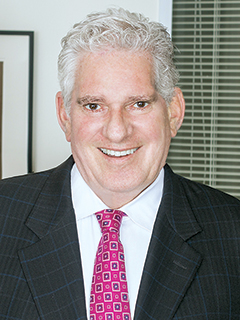
Because this is an ongoing issue for us, could you re-emphasize how we can insulate ourselves from problems if we have diligent workers who might keep working “off the clock?”
Employers cannot insulate themselves from wage and hour overtime laws because employees work overtime and disregard an employer’s policies.
This is true whether the employee works without taking a lunch, a break or staying after assigned hours in a given day, or working to fill in for some other employee’s shift. If an employee breaches the employer’s policies, that breach is not a defense to wage and hour liability.
Employers should have clear written policies on hours worked and the need for an employee to get permission from a supervisor to work beyond scheduled hours. When an employee breaches these policies, he or she should be disciplined (including discharge for repeated violations) if necessary.
There is no new overtime pay regulation expanding or contracting exempt and non-exempt status of employees. In November 2016, a federal judge issued a preliminary injunction halting implementation of a “new” U.S. Department of Labor overtime rule.
The new DOL rule increased the minimum salary thresholds for executive, administrative and professional exempt employees from $23,600 to $47,476 annually. The regulation also increased the minimum salary threshold for “highly compensated employees” from $100,000 to $134,000.
The federal court ruled that the statute defined exempt employees based on their duties and that the proposed salary tests supplanted the statute and therefore exceeded the DOL authority. The injunction in effect derailed the regulation. The Trump administration has not reinstated the regulation and has not proposed any new regulations.
From the June 01, 2017 Issue of McKnight's Long-Term Care News



